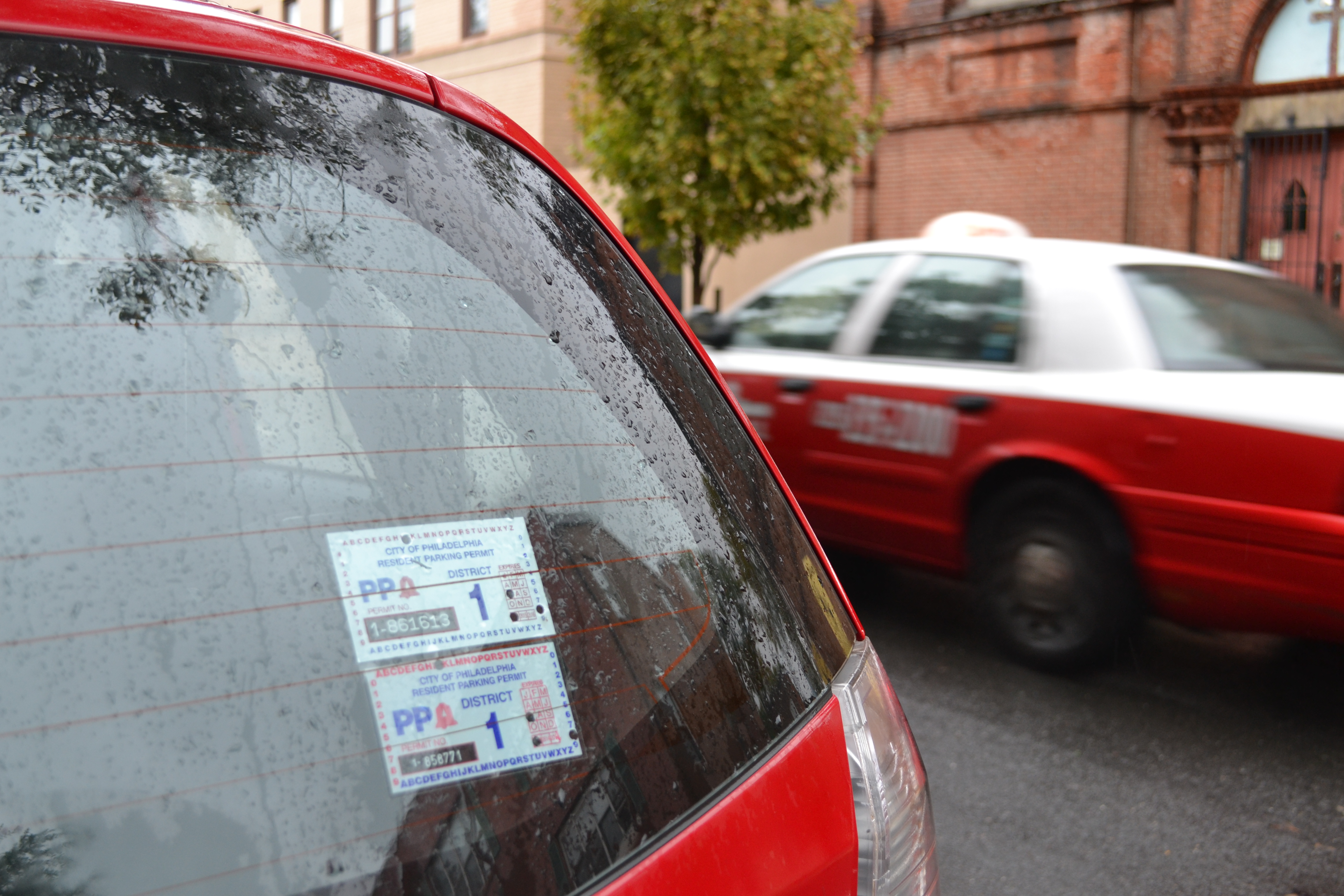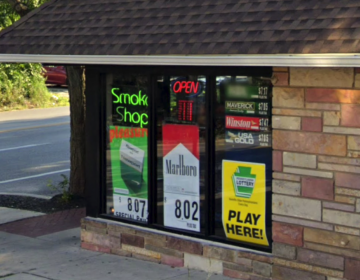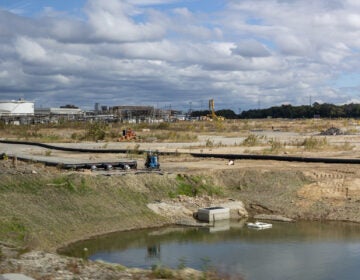August 8: Parking permit cap-and-trade | Nic Esposito Q+A | SEPTA station art

The intersection of art and public space, achieving parking peace, and “zero starts with one” in today’s news roundup:
“Increasing parking minimums won’t work to reduce tight curb parking,” writes Jon Geeting, contributing to the Philadelphia Citizen. Geeting calls for the establishment a cap-and-trade system for parking permits, to give residents “what they say want,” and what political officials so want to give them: “free parking for themselves, and more expensive parking for new residents.”
Nic Esposito, Philly’s ‘litter czar’, discusses “neighborhood trash, the scourge of circulars, and the collective wrongs of weekly waste removal,” with Hidden City Philadelphia’s Michael Bixler. Esposito and PlanPhilly’s Catalina Jaramillo discussed the plan’s coordination efforts with city departments, community stakeholders, and businesses on NewsWorks Tonight yesterday. The City released the Zero Waste and Litter Cabinet’s comprehensive action plan on Monday.
Photography starting at $2.50: local Philly photographer Ryan Strand Greenberg has quietly been installing artwork in notification frames around SEPTA’s City Hall and 15th street subway stations, writes Street Dept’s Conrad Benner. Greenberg has been doing this for months and updates various pre-existing and unused notification frames weekly.
If every farmer pledged to grow for local markets, and every consumer vowed to buy local, we still “lack the supply chain – the processing, distribution, and marketing ‘infrastructure’ – to move food from farm to fork,” according to local food planner Brian Williams, contributing to Strong Towns Media. Williams shares ‘ten realistic ways to support a local food system’, including local-purchasing commitments from institutions such as schools and hospitals, recognizing the importance of slaughterhouses, and partnering existing food processing and distribution businesses.
WetLand, an experimental houseboat that was docked at Bartram’s Garden, sank this weekend, WHYY’s Peter Crimmins reports. The floating art installation, which debuted at the Fringe Festival in 2014, was a commentary on climate change and included systems such as solar panels and a water garden aimed at preventing environmental damage. The University of Pennsylvania’s environmental humanities program had been using the vessel for artist residencies, workshops, and research.
WHYY is your source for fact-based, in-depth journalism and information. As a nonprofit organization, we rely on financial support from readers like you. Please give today.







